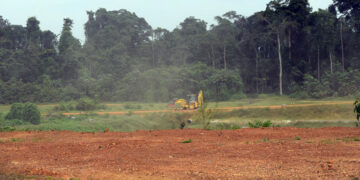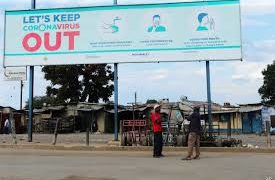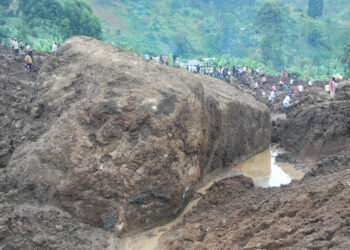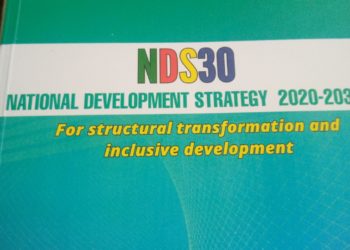The Republic of Cameroon is addressing the cocoa-related deforestation and forest degradation through a multi-stakeholder partnership
The Roadmap to Deforestation-free Cocoa is led by the Ministry of Agriculture and Rural Development, in close collaboration with the Ministry of Commerce, Ministry of Forestry and Wildlife, Ministry of Environment and Sustainable Development.
The process is lfacilitated by IDH, the Sustainable Initiative, though funding from its institutional donors: BUZA (The Netherlands) SECO (Switzerland) and DANIDA (Denmark).
The Roadmap is developed with three driving objectives.
Conservation of National Parks and forested land, as well as restoration of forests that have been degraded by human activities, in particular encroachment by cocoa farms among other factors.
Sustainable intensification and diversification of income in order to increase farmers’ yields and livelihood, to grow “more cocoa on less land” and thereby reduce pressure on forests.
Engagement and empowerment of cocoa-growing communities.
The Roadmap will help create a competitive advantage for Cameroonian cocoa in the global market, help coordinate public-private-civil society efforts to achieve higher and more stable cocoa quality and promote greater cocoa sustainability by promoting cocoa agroforestry.
The cocoa sector plays a vital role in Cameroon for job and wealth creation for local communities, and for forest protection and ecosystem conservation.
Globally, Cameroon is an important cocoa producing country, standing as the 4th largest producing country in the world. A role that is all the more important given that Cameroon’s tropical forests cover about 46% of the national territory and account for 11% of the forests in the Congo Basin.
























